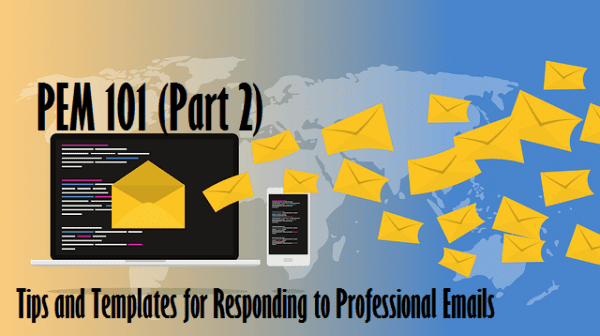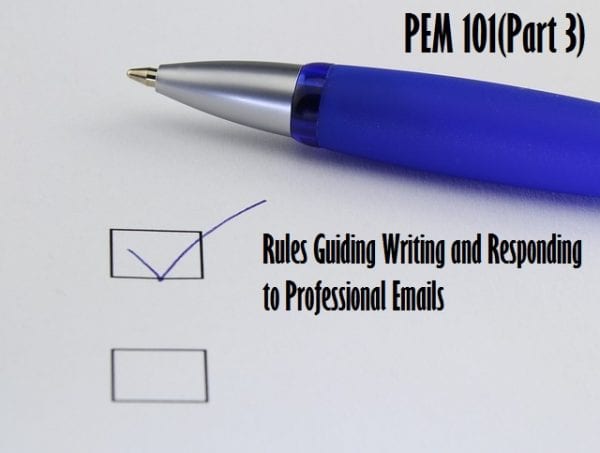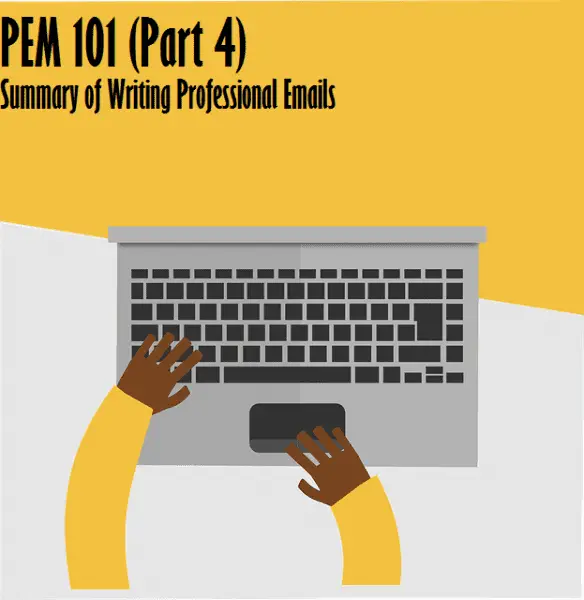Social media has become a crucial component of modern life, altering how people interact, share information, and communicate with one another. Students are particularly affected by social media, which has both benefits and drawbacks that can have a significant impact on their academic and personal lives. This article will discuss the benefits and drawbacks of social networking for college students. We’ll look at the nice things it can do as well as the harmful things students should be aware of.
The Benefits of Social Media for Students
Enhanced Communication and Connectivity
The use of social media platforms enables students to communicate with one another in a seamless manner, regardless of where they are physically located. They are able to maintain connections with their contemporaries, share ideas, and work together on initiatives because to this. Students can develop a sense of community and support for one another through the use of instant messaging, group chats, and online forums. These are places where students can discuss their coursework, share ideas, and ask for assistance from other students.
Educational Resources and Learning Opportunities
There is a wealth of instructive material that can be discovered on many social media platforms. Websites like YouTube, Twitter, and LinkedIn are being utilized by a significant number of academic institutions as well as business people in order to disseminate informative ideas, research findings, and educational materials. Traditional classrooms aren’t the only places where students can get an education. They can now get their hands on free e-books, as well as lectures and tutorials.
Writing persuasive essays about the different parts of social media is also a popular topic in the field of social media education. Argumentative essays take a fair look at the pros and cons of social media and how it affects student life. They look at the many different ways social media affects student life. For instance, platforms like GradesFixer provide a diverse range of essay examples that address the complexities of social media’s role in education. Students who want to write their own well-researched and thought-provoking essays on this subject can learn a lot from these examples.
Building a Personal Brand
Building a strong personal brand is more important than ever in this day and age. Social media gives kids the chance to show off their skills, projects, and accomplishments. Students can improve their chances of getting hired by potential employers, getting internships, and working together with other students if they build a trustworthy online profile. Because of this, their jobs will get off to a good start.
Networking and Career Opportunities
Through the use of social media, professionals and students are able to communicate with one another. Students are able to interact with professionals in their field, join relevant communities, and stay abreast of the most recent developments when they use platforms such as LinkedIn. Students can gain a head start on their careers by participating in networking events like these, which can lead to opportunities like internships, mentorships, and even job offers.
The Potential Pitfalls of Social Media for Students
Academic Distractions
The same platforms that offer educational benefits can also become sources of distraction. The constant notifications, trending challenges, and entertaining content can divert students’ attention from their studies. Procrastination and reduced productivity are common consequences of excessive social media use.
Privacy Concerns and Online Security
Sharing personal information on social media comes with risks. Students may inadvertently expose themselves to privacy breaches, cyberbullying, or identity theft. Careless sharing of location, contact details, or sensitive data can have serious repercussions.
Mental Health Impact
Pressure from social media to show an idealized picture of oneself can be hard on mental health. The feeling of not being good enough, anxiety, and depression that can come from constantly comparing yourself to your online image can be called “social media depression.”
Fear of Missing Out (FOMO)
People’s lives on social media are often skewed because they focus on the exciting and good parts. This can make students feel like they’re missing out because they think their own lives are boring. FOMO can make people do things or go to events on the spur of the moment just to look like they are involved.
Striking the Balance: Healthy Social Media Usage
To harness the benefits of social media while mitigating the risks, students should adopt a balanced approach. Setting clear usage limits, practicing digital detoxes, and prioritizing offline interactions are essential strategies. By being mindful of their online behavior, students can maintain a healthier relationship with social media.
Expert Tips for Students to Navigate Social Media
Set Clear Usage Limits
Establish specific time slots for social media use and adhere to them. This helps in preventing overindulgence and maintaining focus on academic responsibilities.
Be Mindful of the Content You Consume
Consciously choose to engage with content that adds value to your life. Unfollow accounts that promote negativity or have no educational or inspirational significance.
Cultivate a Positive Online Presence
Share content that reflects your true self and interests. Positivity and authenticity attract like-minded individuals and opportunities aligned with your goals.
Real-Life Stories: How Social Media Impacted Students
College student Jessica says that social media helped her find a guide in the field she wanted to work in. She met an expert in her field through LinkedIn, who gave her advice about her job. This connection not only gave her useful information, but it also gave her access to internships and workshops she wouldn’t have known about otherwise.
Emma, another student, worked on a study project with classmates from different countries by using social media. They met through an online academic group and were able to combine their different points of view and areas of expertise to make a thorough research paper. This showed how social media can help people from all over the world work together.
The Future of Social Media in Student Life
As technology gets better, so will the role of social media in a student’s life. Students may have more engaging ways to learn, better ways to work together, and a bigger focus on digital etiquette. More virtual reality classrooms, interactive study groups, and AI-driven tailored learning routes could revolutionize how students interact with educational material.
Conclusion
Social media is like a double-edged sword for kids, because it can be both helpful and harmful. Students can use it to help them in school and in their future jobs if they use it wisely and carefully. To do well in the digital world, you need to find a balance between your online and real life.





